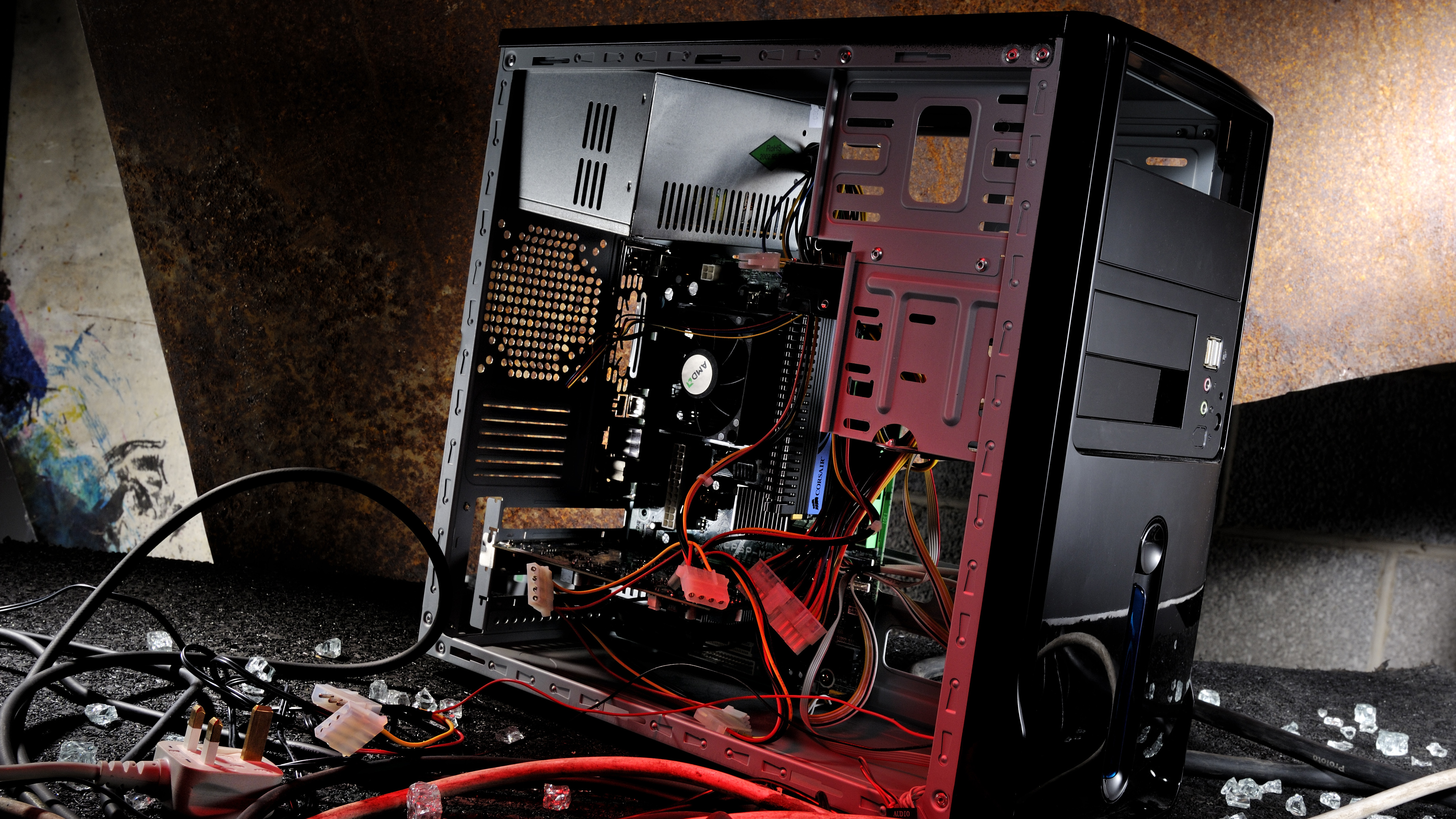3 tips for properly disposing of old IT equipment
What you don't know could be costly

If your business has a stack of old computer equipment in an old storage room or closet, you aren't alone. Organizations of all sizes regularly deal with monitors, PCs, printers, and mobile devices that need to be discarded. The problem? There's no easy way to get rid of old equipment.
Businesses face several challenges when removing old equipment, with stiff penalties for errors. Regulations like the Health Insurance Portability and Accountability Act (HIPAA) and PCI Data Security Standards (PCI-DSS) have put many businesses under fire, forcing them to ensure all data is completely removed from devices before they're sent off to recycling.
Security is only one issue you'll deal with as you seek to get your old equipment out of the way. Here are a few tips that will help you make sure you aren't hit with hefty fines and, even worse, jail time for improper disposition procedures.
Recycling programs
Whether your business is environmentally aware or not, you have about eighty-two million reasons to avoid depositing electronic equipment into landfills. Just last year, Wal-Mart was ordered to pay $82 million for violations of the Clean Water Act after the company was caught dumping hazardous materials down the drain.
While you likely won't face the level of penalties that Wal-Mart paid, there are monetary losses attached to incorrectly dumping electronics. Improper landfill disposal can result in thousands of dollars in fines, depending on the laws in your area. If that equipment can somehow be traced back to you, you may not only be facing penalties, but you may also be required to deal with the general public seeing you as a company that doesn't care about the environment.
Data protection
Another area that can incur hefty fines for businesses is security. When a company deals with consumer data on its servers, it falls under a new level of scrutiny by authorities. For organizations handling health information, HIPAA regulations require that all patient health data remain private at all times. When a piece of equipment is sent off for recycling, if data remains on it and becomes compromised, the original owner of that equipment may be subjected to fines, as well as being required to notify all affected parties of the data being compromised.
When equipment containing credit card data falls into the wrong hands, businesses may face stiff penalties. One of the most recent cases of credit cards being compromised was Miami's Total Bank, where personal information of 72,500 customers may have been accessed by a third party.
Get daily insight, inspiration and deals in your inbox
Sign up for breaking news, reviews, opinion, top tech deals, and more.
Whether through a hacking attempt, an internal employee, or lost/stolen equipment, customer data is constantly at risk. Even one misplaced laptop can cause hundreds of thousands of records to be compromised, requiring the company to notify each customer that a breach has occurred. Many states also have data breach notification laws that require businesses to pay for 12 months of credit monitoring for every customer that might have been impacted.
How to dispose responsibly
Even if a business knows the importance of recycling responsibly, learning how to get rid of old equipment is an additional challenge. The EPA offers a list of places that accept old equipment, with locations varying by the type and brand of device. Best Buy and Staples are also among big box retailers who accept old electronics, with the latter paying customers for their old equipment.
A great option for your replaced electronics is to donate them to a local nonprofit or school. These organizations may be searching for equipment like yours, so it can't hurt to ask around before you sell it or drop it off at a recycling center. No matter how you recycle your equipment, it will likely be sold or given to people who would have otherwise had to purchase new devices, requiring manufacturing processes that impact the environment.